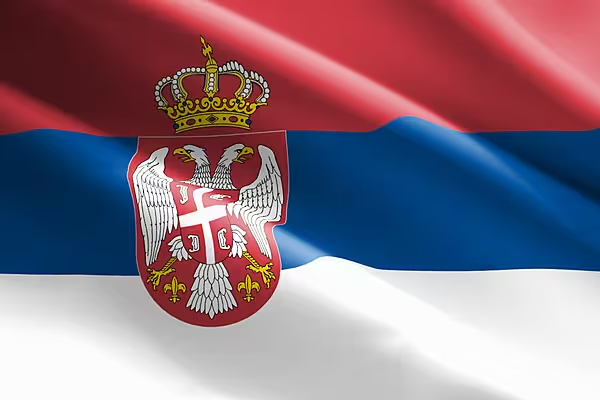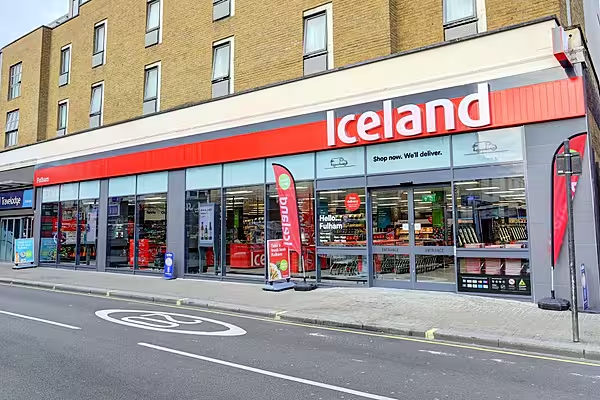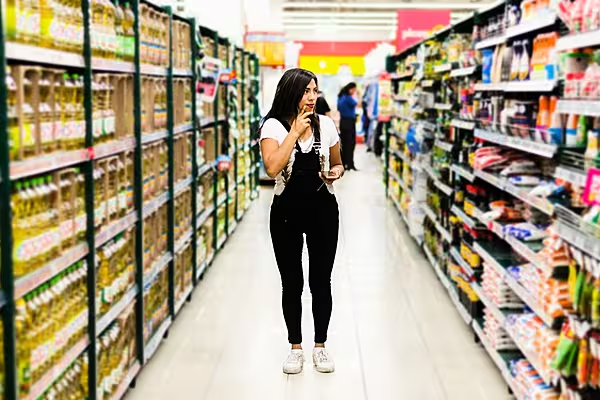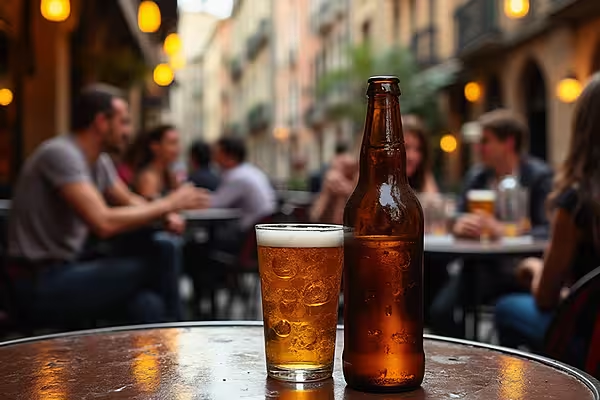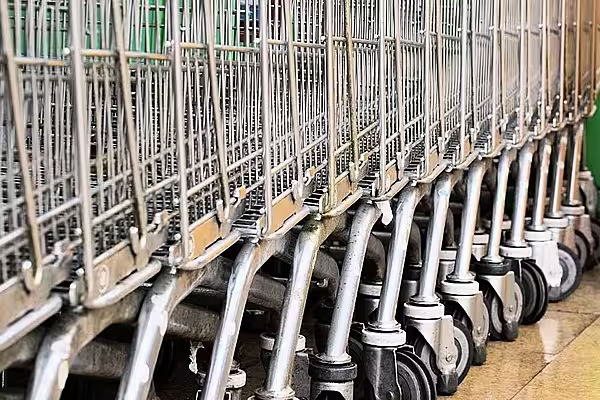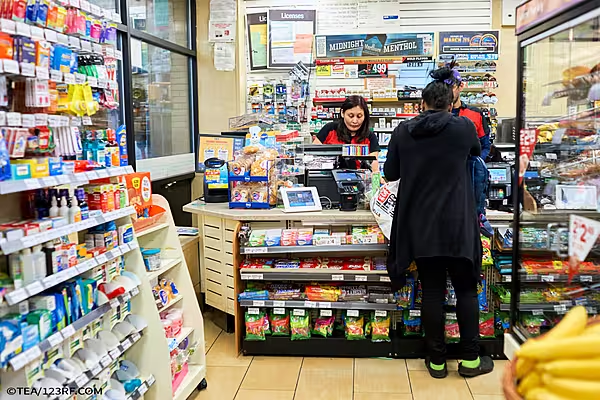The top ten grocery retailers in Serbia hold 55% of the market, while all other players individually have less than 1% market share, indicating an undersaturated market.
This is the conclusion of the first phase of the sector inquiry into the food, beverages and tobacco retail market in Serbia, prepared by the Commission for the Protection of Competition, in cooperation with the National Alliance for Local Economic Development (NALED).
Retail Leaders
Dutch-Belgian firm Delhaize Serbia has the largest retail market share based on total sales revenue with 20.6%, followed by Slovenia’s Mercator (owned by Croatia’s Agrokor) with 15.98%. Other retailers fall far behind the leaders: DIS (3.56%); Aman (3.48%); Univerexport (3.20%); Gomex (2.17%); Metro (1.54%); Qvattro Diskont (1.12%); Persu (1.07%); and Super Vero (0.98%).
Of the top 10 players, four are foreign-owned (Delhaize, Mercator, Metro and Super Vero).
In Belgrade alone, Delhaize Serbia is even more dominant with a 40.45% market share, ahead of Mercator (16.07%).
There were 5,573 combined stores in 2016 (compared to 5,274 in 2015) with a total area of 1.08 million square metres. The overwhelming majority (80%) were stores of up to 200 square metres, followed by 200 to 400 square metres (10%), 400 to 2,000 square metres (9%) ,and those over 2,000 square metres (1%).
Consumer Habits
Serbian citizens on average spend RSD 60.000 (€509) annually in retail stores. When calculated per number of issued fiscal receipts, the average purchase is just slightly over RSD 450 (€3.80), and this amount has not changed significantly during the observed period. Retail sales in Belgrade are higher than in the rest of Serbia by 25%, averaging RSD 600 (€5.08) per fiscal receipt.
During the first part of the inquiry, companies didn't indicate any legal or administrative market barriers. The main problems are still the low purchasing power of the population, the difficulty in changing shopping habits in terms of encouraging preferences of making small purchases and frequenting small retail stores, as well as lack of available construction land for building new retail facilities.
The main conclusion is that the retail market in Serbia is not saturated and that there is still room for new foreign investors. The inquiry also forecasts that Lidl, which is expected to enter Serbia in September, could take 5-7% of the market.
According to Vladimir Čupić, president of the Food and Agriculture Alliance of NALED, the Commission’s findings are encouraging, particularly the fact that the domestic market is not yet saturated. This means that Serbia can expect the arrival of new foreign players and increased competition.
© 2018 European Supermarket Magazine – your source for the latest retail news. Article by Branislav Pekic. Click subscribe to sign up to ESM: European Supermarket Magazine
